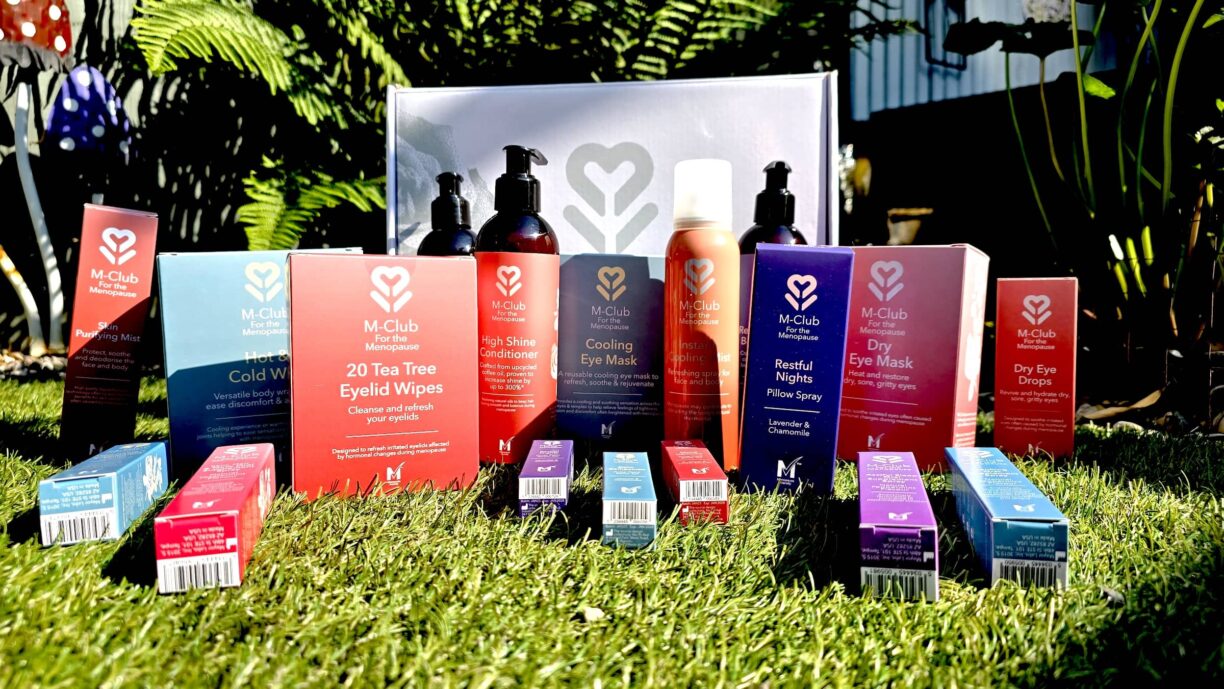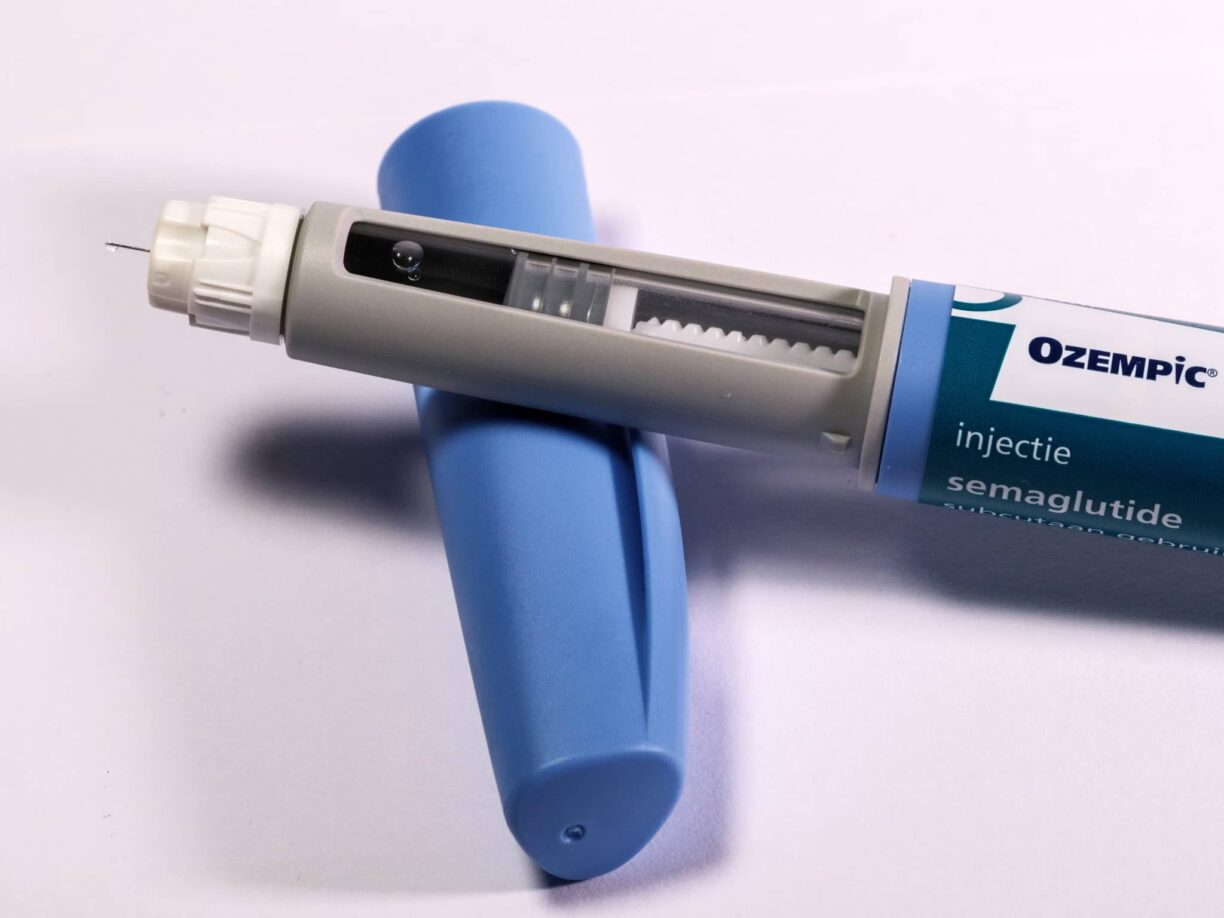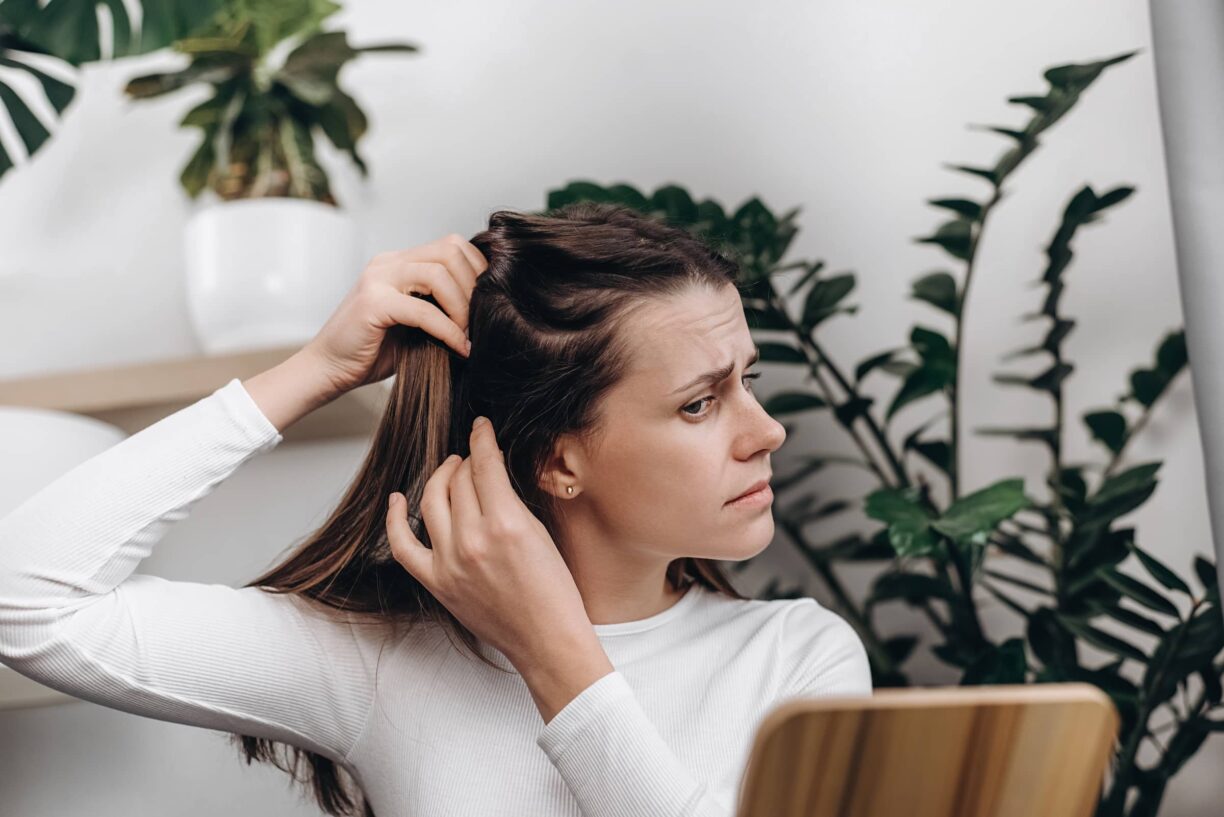Misinformation about cancer often sparks unnecessary fear and confusion. A study by Bupa UK reveals a troubling surge in online searches for common cancer myths between December 2020 and 2021, with queries like “Can cancer spread from one person to another” skyrocketing by 250% and “Does antiperspirant cause cancer” by 120%.
Dr. Tim Woodman, Bupa’s Medical Director, emphasizes the risks of relying on unverified sources:
“Myths, such as whether cancer is contagious, spread misinformation and can prevent people from speaking to healthcare professionals. Common misconceptions can also contribute to stigmas and taboos surrounding cancer.”

Here are the 5 biggest cancer myths, according to Bupa’s Dr Tim Woodman:
Myth 1: Cancer is contagious
- 300% increase in searches on Google for ‘is cancer transmittable’
- 250% more searches for ‘Can cancer spread from one person to another’
You cannot catch cancer from someone else. If you know someone who has cancer, there’s no need to avoid them. It’s OK for you to look after them through their diagnosis. Often, a loved one who has cancer needs your support more than ever.
Myth 2: Burnt foods cause cancer
- 24% more searches for ‘Does burnt food cause cancer’
- 22% increase in searches for ‘foods that cause cancer’
A quick search on Google shows a variety of articles linking burnt food to cancer.
When you cook foods at a high temperature, acrylamide (a chemical that’s found in starchy foods like bread and potatoes) forms naturally.
However, there’s not enough evidence to link burnt food to an increased risk of cancer. Some things you eat, including processed food and red meats, can increase your risk, but this doesn’t mean that you will get cancer.
Myth 3: Hair dye can lead to cancer
- 40% more searches for ‘Does hair dye cause cancer’
Based on the available research, personal use of hair dyes to change your hair colour won’t cause cancer. Hair dye is unlikely to be a significant risk factor if it is one at all.
More research is needed, however, there is a small amount of evidence that daily contact with hair dye may increase your risk of developing bladder cancer.
However, family history, diet, smoking, and exercise have far more to do with your cancer risk.
Additionally, smoking remains the biggest risk of developing bladder cancer. In fact, you’re three times more likely to develop bladder cancer if you smoke.
Myth 4: Deodorant can cause cancer
- 120% more searches for ‘Does antiperspirant cause cancer’
You may worry that certain chemicals found in personal care products, like deodorant, cause cancer.
The myth that deodorant causes breast cancer has been circulated for many years.
There are strict safety regulations and laws that control which ingredients can be used in makeup and toiletries, so rest-assured that antiperspirants, body sprays and deodorants do not cause cancer.
Your chances of developing breast cancer increase with age, so make sure you’re regularly checking your breasts and take note of any changes.
Being overweight, drinking more than the recommended weekly amount, and having a family history of breast cancer increases your risk too.
Myth 5: Injuries can lead to cancer
- 40% more searches on Google for ‘Can injury cause cancer’ in September, October, and November 2021
Another common myth is that an injury can cause cancer. Stories about potential causes – like this one – are often in the media and it isn’t always clear which ideas are supported by evidence.
Injuries may sometimes lead to someone finding a cancer near to the injured area that was already there before the injury, but the injury won’t be the leading cause.
There’s no evidence that an injury can cause cancer. Sometimes an injury can cause a lump, but again, this won’t lead to a cancer diagnosis.
Four simple ways to lower your risk of cancer, according to Bupa’s Medical Director:
- Lead a healthy lifestyle: Studies have shown that if you do 30 minutes of moderate activity that raises your heart rate, every day, you can significantly reduce the risk of several major cancers (including breast, bowel, and womb cancer).
Exercise is also helpful if you’ve been diagnosed with cancer both during and after treatment.
A balanced diet full of fresh fruit and vegetables, wholegrains, and healthy sources of protein (white meats, fish, and pulses) will help you maintain a healthy weight, and ultimately lower your risk of cancer.
- Drink sensibly: Over the long term, drinking alcohol can increase your risk of serious illnesses, such as mouth, throat, and breast cancer. Drinking guidelines can be hard to follow but try to drink in moderation and have some alcohol-free days a week.
Why not try the latest trend of ‘mindful drinking’? Being aware of why you’re drinking and how much alcohol you’re having can often lead to a healthier relationship with alcohol and less consumption.
- Stop smoking: Tobacco smoke contains lots of chemicals and toxic gases, known to harm to your health, and increase your risk of lung cancer.
Stopping smoking can be more effective if you choose your quit method and then establish a social support network to help you.
If you need help quitting, options like nicotine replacement or support groups to help with the psychological addiction could be for you.
- Attend your screenings: Health checks and cancer screenings and across all ages are there to detect any early signs of abnormalities and cancer. It’s important to attend these and know how to identify changes in your own body.
Attending all appointments, even if you’re feeling well, is vital. An abnormality could be found before you start showing any symptoms. Early detection is key to effectively treating cancers.





